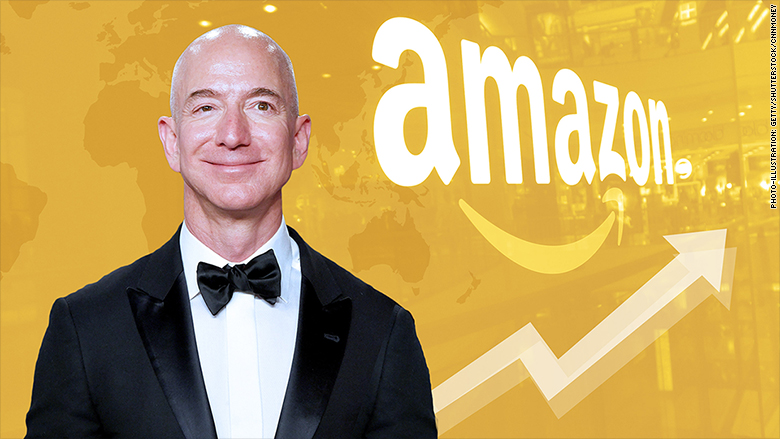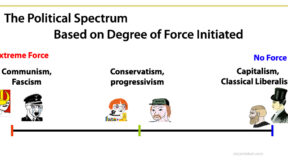Argument from consensus, whether the consensus is real or not, is not an argument at all of course. In addition, I don’t’ particularly object to Amazon raising their wages. It is their money, it is Bezos’s job to manage the company as he sees fit, and such a move might make perfect sense to a company such as Amazon. They have already automated many of the lower skilled tasks at their company, and with economic environment of lower unemployment, finding talent is probably getting difficult. What I do object to is Amazon lobbying for a minimum wage of 15$ per hour to be implemented nationally. This would just disenfranchise every single low skilled worker from being able to attain a starting job at every single company. This has been true in every place where the price floor for a wage has been increased to a high degree, such as Seattle. This type of action simply does not help the poor. If your goal instead is to have more people be dependent on the government, to move more labor into the black market, to increase unemployment among teens and other low skilled labor, then yes, minimum wage price floors are the way to go.
Amazon raising starting salary to 15$ per hour only helps those whose productivity justifies that wage.
Amazon just committed to raising the starting salary for all employees to 15$ per hour. What is the economic impact of that decision? The answer is that some people working at Amazon will see a wage increase, while others, whose productivity doesn’t justify such a wage, and whom this move is supposed to help, will lose their jobs. More importantly, but much less visible, is that lower skilled workers whose productivity is lower than 15$ per hour, the people that this type of moves are supposed to help, will no longer be able to attain a starting role at Amazon. This is not just some theory, this is the economic consensus, so if you do not believe this, you are then, dare I say it? An economics denier.




